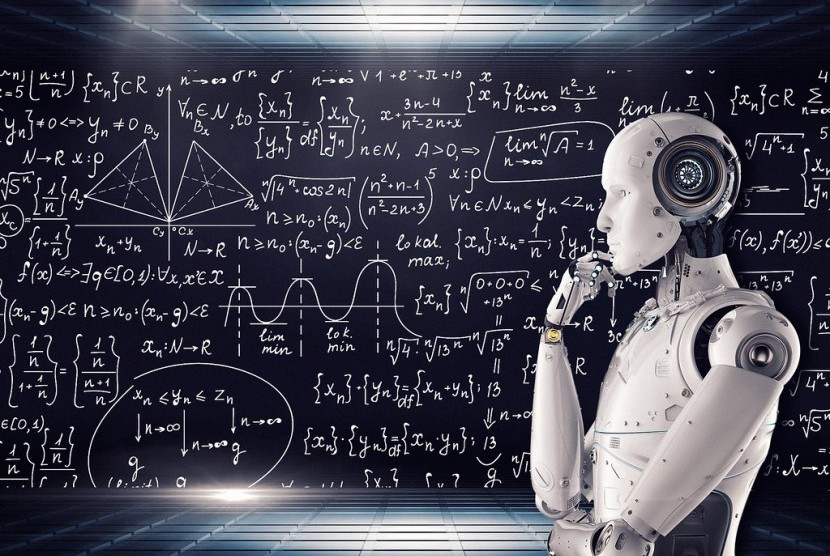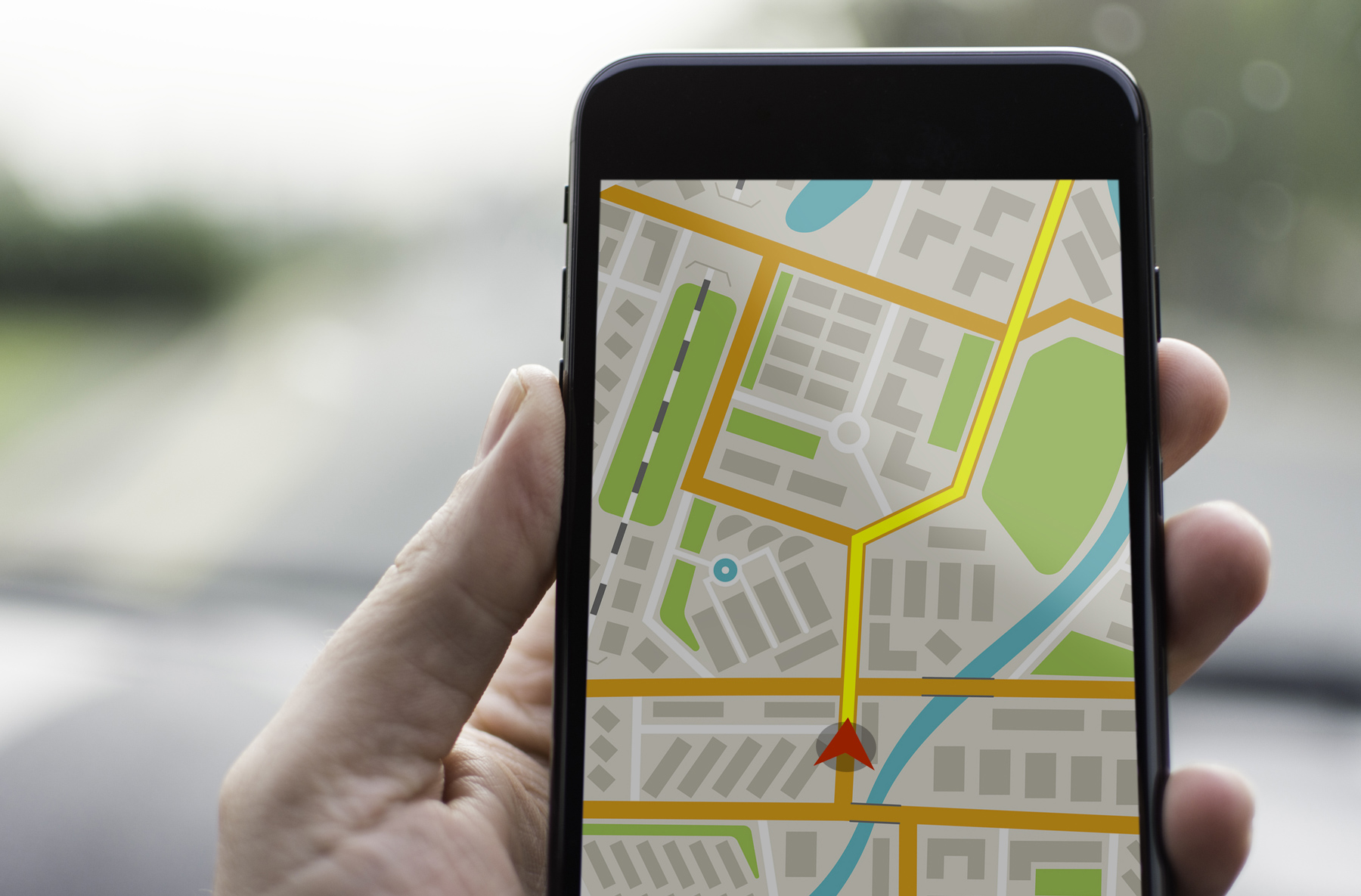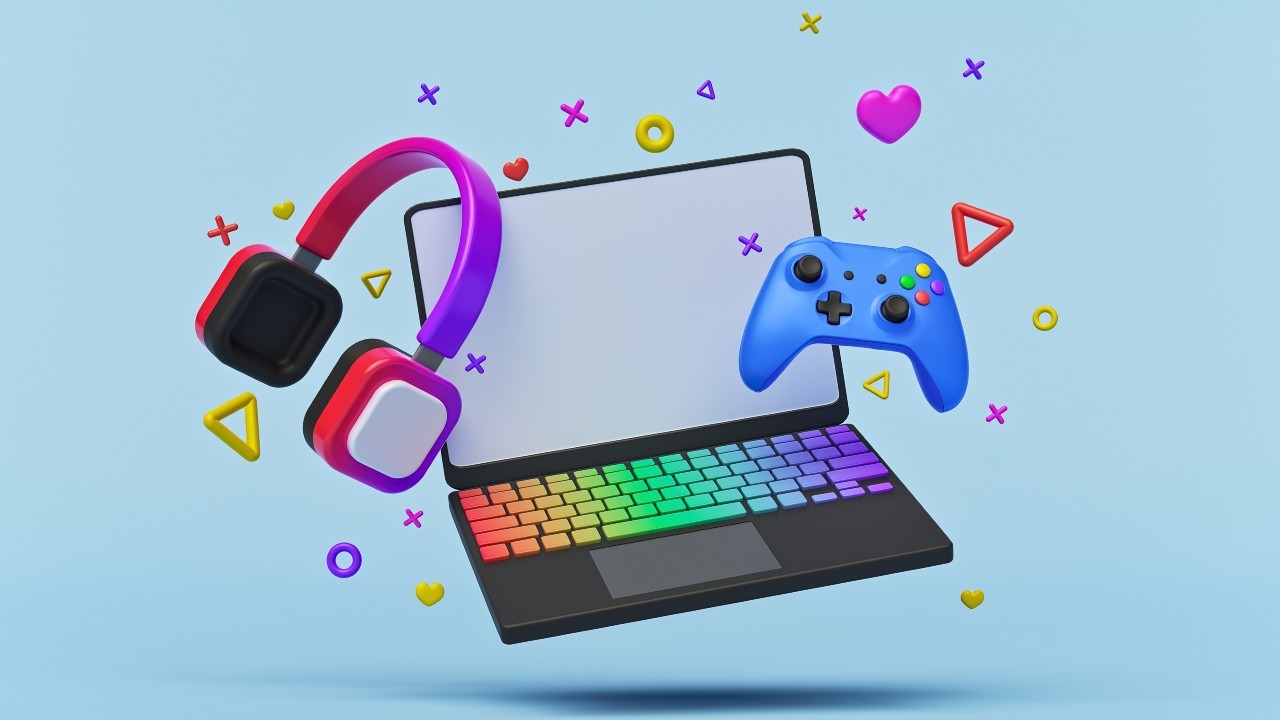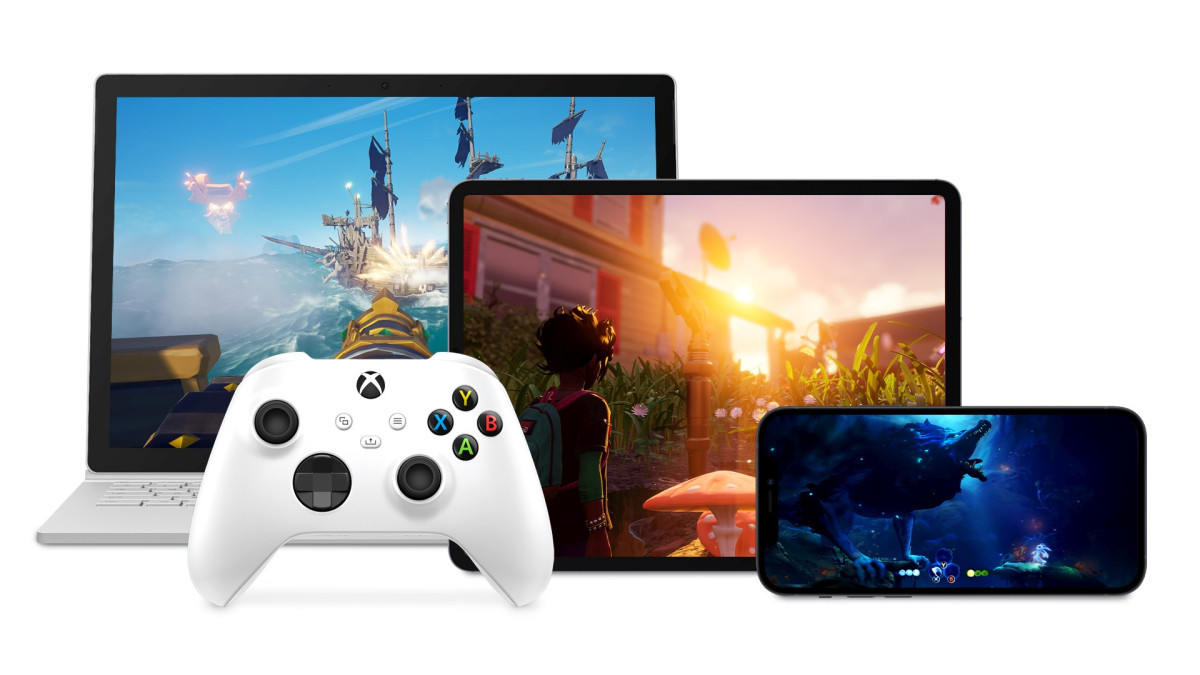AI or Artificial Intelligence is the technology of the future. And, we can enjoy that future now. It is easy to find devices, software, application, or system in various platforms with AI as its main core. Its autonomous concept allows users to have a much easier time when using that device or platform. In short, AI defines what technology is. It is a way to make human life easier.
Even though AI sounds like a modern, advanced, or futuristic technology, it is not like that at all. The idea of an inanimate object that comes to life has been around since ancient times. Many researchers have found this fact in the study of old Chinese, Egyptian, and other civilizations. Maybe, we can track it even way back, when humans start to use their creativity and curiosity to explore and observe objects around them.

However, the real modern AI that we can enjoy today was particularly started in 1956. During the technology conference at Dartmouth College, in Hanover, New Hampshire, some researchers present this idea. They even called it the same name as we call this technology, Artificial Intelligence. After that fascinating presentation, the government and many private organizations started to get involved in the development of AI. The result was not that sweet.
There wasn’t significant progress to that futuristic idea. It might be the lack of supportive technology. Or, that idea emerged too soon. Then, the supportive response has turned into a negative impression. Many criticized the progress in Artificial Intelligence development. Then, the culmination of that hate was from 1974 to 1980. That period was also known as the winter of AI.
Then, the spring of AI came in 1980. The British government was the one that start it. They provided full support to develop AI technology to compete with the Japanese. Unfortunately, this trend didn’t last that long. Only seven years after that, the winder had once again come. 1987 to 1993 was another major AI winter.
Thanks to Garry Kasparov, the AI got another chance to revive. Who is Garry Kasparov? He is a Russian grandmaster, a chess world champion. In 1997, IBM’s AI system Deep Blue has successfully beat him in a chess competition. That was the first computer that beat humans in the field that humans master. It also happened again in 2011 when another AI system, Watson, beat the reigning champion of the “Jeopardy!” quiz show, Brad Rutter and Ken Jennings.
Even though the achievement of AI in those two events was considered a big thing, compared to the latest AI system, we can say that those two are simple AI concepts. They calculate one field and then provide the best option of all.
Today, AI is much better than that. It can even read the user’s mood through face recognition and provide the solution. Some AI systems even can converse naturally like a real human being. Who knows, we might see Artificial Intelligence with a heart like a human in the future?







